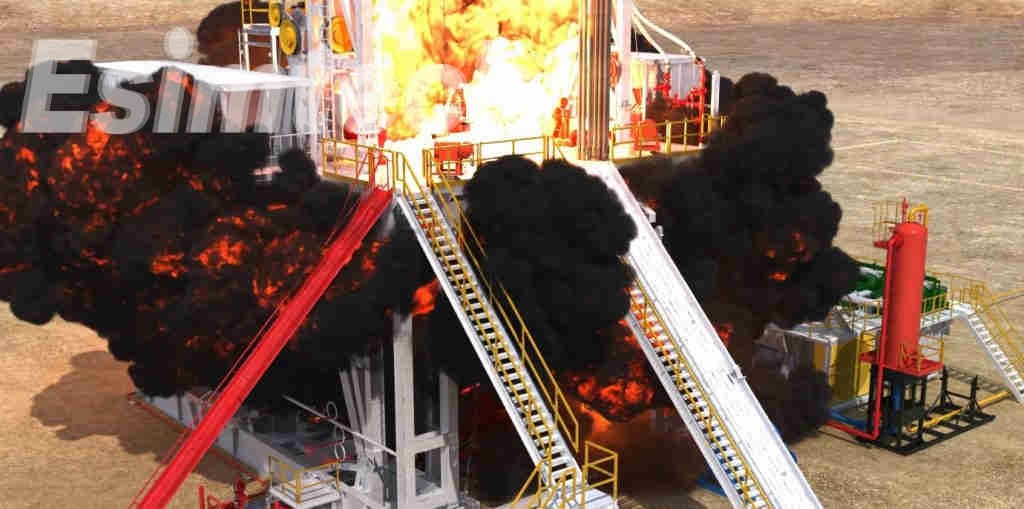font-family: Arial, sans-serif;
line-height: 1.6;
margin: 20px;
}
h1, h2, h3 {
color: #333;
}
img {
max-width: 100%;
height: auto;
margin: 20px 0;
}
In the mining industry, the operation of heavy machinery such as excavators and loaders is a critical skill for new employees. However, training on real equipment comes with significant challenges, including safety risks, high equipment wear and tear, and substantial fuel costs. This is where Virtual Reality Simulations offer a transformative solution, providing a safe and cost-effective alternative for mastering complex machinery operations.

The Challenges of Traditional Heavy Machinery Training
Training new operators on heavy machinery in a real-world setting poses several challenges. Firstly, the safety risks are significant. New operators may make mistakes that could lead to accidents, endangering themselves and others. Secondly, operating heavy machinery is expensive. The fuel consumption and wear and tear on the equipment add up quickly, making traditional training methods costly for companies.
Moreover, the complexity of modern machinery requires a high level of precision and skill. New operators need to learn not only how to control the machinery but also how to navigate complex terrains and handle unexpected situations. Traditional training methods often fall short in providing the necessary practice and experience required to master these skills.
How Virtual Reality Simulations Address These Challenges
VR Simulations offer a highly realistic and immersive training environment that addresses these challenges. By creating a virtual representation of a mining site, trainees can experience the sights, sounds, and even the feel of operating heavy machinery without the associated risks and costs.
When trainees put on their VR headsets, they are transported to a virtual mine site where they can practice operating excavators, loaders, and other heavy machinery. The simulation environment is highly detailed, replicating real-world conditions such as terrain, weather, and equipment performance. This allows trainees to practice their skills in a variety of scenarios, from routine operations to complex tasks and emergency situations.
Benefits of VR Simulations for Heavy Machinery Training
The use of VR Simulations in heavy machinery training offers several key benefits:
- Enhanced Safety: Trainees can practice in a risk-free environment, reducing the likelihood of accidents and injuries.
- Cost Savings: By eliminating the need for real equipment and fuel, companies can save significantly on training costs.
- Improved Skill Acquisition: The immersive nature of VR allows trainees to practice repeatedly, building muscle memory and improving their skills more quickly.
- Increased Confidence: Trainees gain confidence in their abilities through repeated practice, leading to better performance in real-world operations.
Furthermore, VR simulations can be customized to meet specific training needs. Companies can tailor the scenarios to match their operational environments and equipment, ensuring that trainees are well-prepared for the tasks they will encounter on the job.

Case Study: Implementing VR Simulations in Mining Operations
A leading mining company recently implemented a VR training program for its new operators. The company faced challenges with traditional training methods, including high costs and safety concerns. By adopting VR simulations, they were able to provide a safe and effective training environment for their trainees.
The VR training program included scenarios for operating excavators and loaders in various terrains, as well as emergency response training. Trainees were able to practice their skills repeatedly, gaining confidence and proficiency in a controlled environment. The results were impressive: the company reported a 40% reduction in training costs and a 30% improvement in trainee performance.
The success of this program highlights the potential of VR simulations to transform heavy machinery training in the mining industry. By providing a safe, cost-effective, and highly effective training solution, VR simulations are helping companies to develop skilled operators more quickly and efficiently.
Looking Ahead
As technology continues to advance, the potential for VR Simulations in heavy machinery training is vast. Companies are increasingly recognizing the benefits of immersive training solutions, and the adoption of VR technology is expected to grow.
For more information on how VR simulations can enhance heavy machinery training, visit Esimtech's website at AR Simulations.
